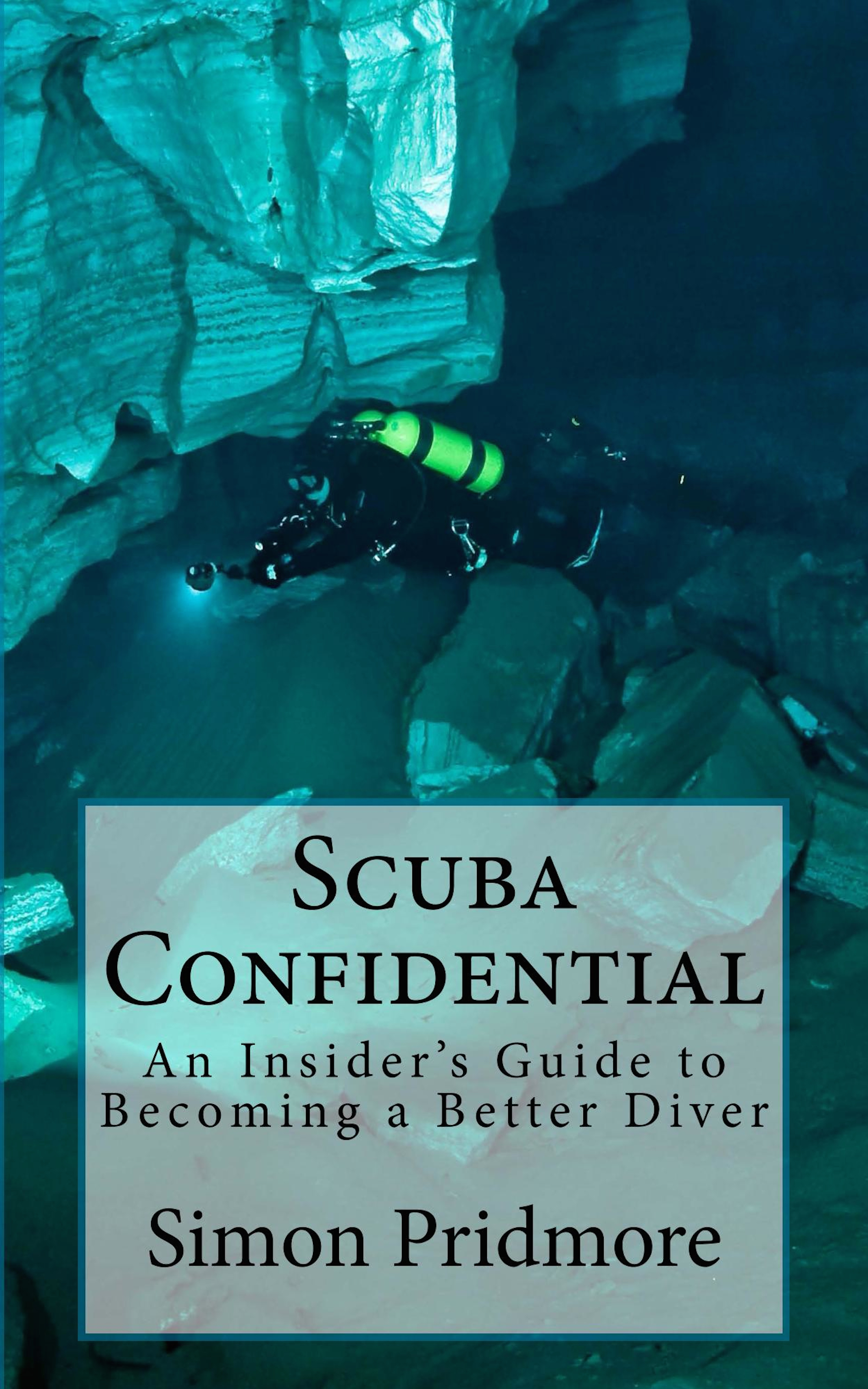
Scuba Confidential is a unique book packed full of valuable tips and expert advice, giving you unprecedented access to the secrets of dive professionals and technical divers.
With Scuba Confidential, you will learn how to master skills and techniques that will make you a more confident, capable and safe diver. It offers an informed, balanced view on some of scuba diving's most contentious issues like going solo, deep diving and rebreathers and includes a comprehensive analysis of how diving accidents happen and how to make sure you do not become a statistic.
Scuba Confidential also gives you valuable insights on a vast range of topics such as what it is like to do a cave diving course, how to make sure you buy the right equipment, what to consider when choosing an instructor, things even the pros get wrong and where to find the best diving in the world.
This is candid, no-nonsense practical advice from a professional who has been involved over the last three decades with virtually every aspect of the sport.
Genre: SPORTS & RECREATION / Scuba & SnorkelingWidely considered to be an essential part of any scuba diver's library, the English version of Scuba Confidential hs been the best selling diver training book on Amazon in the past six years.
Stress is a potential risk on almost every dive we make. Some of the more obvious examples are time-pressure stress from having a limited air supply, task-loading stress from needing to do a number of things simultaneously and compound stress, which is what happens when a number of stressful factors coincide.
In scuba diving, stress is particularly unwelcome as, if it is not controlled, it can very quickly lead to panic and when we panic our untrained responses usually make the situation worse rather than better. Panic is always life threatening when it occurs under water and is the most common contributing factor to diving fatalities.
A classic example is the nervous diver who is worried that his regulator will not give him enough air. He gulps greedily when inhaling but only partially exhales before trying to take the next breath. Eventually, he finds it impossible to breathe in because his lungs are still full but, instead of breathing out, he concludes that his regulator has failed, tears it out of his mouth and bolts for the surface, holding his breath.
To deal with stress you must first recognize that it is present and to do this you need to be both aware of the signs and in tune with what your mind and body are doing.
Indicators of stress include clumsiness, delayed response, disorientation, fixation on gauges, an increased breathing rate, irritability, tension, unease, and unusual anxiety or apprehension. Be conscious of your mood and remain objective so that you interpret it correctly. For example, if you begin to find something your buddy is doing intensely annoying, it is far more likely that you, rather than your buddy, are the one with the problem.
| Language | Status |
|---|---|
|
Chinese
|
Already translated.
|
|
Dutch
|
Already translated.
|
|
French
|
Already translated.
|
|
German
|
Already translated.
|
|
Italian
|
Already translated.
|
|
Portuguese
|
Translation in progress.
Translated by Carolina Lennartz
|
|
Spanish
|
Already translated.
|